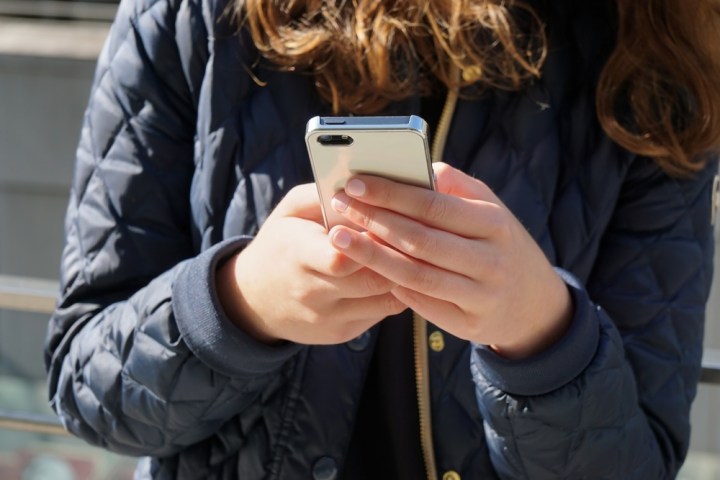
According to the latest findings, “73 percent of Android apps shared personal information such as email addresses with third parties, and 47 percent of iOS apps shared geo-coordinates and other location data with third parties.” Moreover, 93 percent of the Android apps the team tested were linked to a “mysterious domain, safemovedm.com,” which the authors suggest are “due to a background process of the
But most alarming of all is the final key point researchers make in their data summary — “a significant proportion of apps share data from user inputs such as personal information or search terms with third parties without Android or iOS requiring a notification to the user” (emphasis mine). So while sharing data may not be a problem in and of itself, the fact that it’s happening without your knowledge and explicit consent may be a bit more concerning. Considering that a Pew Research survey of more than 2,000 Americans determined that some 54 percent of users “decided to not install an app after learning about how much personal information they would need to share to use it,” these latest findings are making some apps seem pretty duplicitous.
Ultimately, the researchers found, Android appeared to be a bigger offender than iOS, especially when it came identifying information like your name and email address. Most data ended up making its way to Google, Facebook, or Yahoo, and sometimes, as Ars Technica notes, “health apps sent searches including words such as “herpes” and “interferon” to no fewer than five domains with no notification that it was happening.”
On Android, Text Free shared information with a whopping 11 third-party domains, Map My Walk shared with nine domains, Glide with eight, and Drugs.com shared with seven domains. In terms of iOS, LocalScope shared data with a truly shocking 17 domains, Walgreens with five, Map My Run and Nike+ each with four, Fruit Ninja with four, and Pinterest with four as well.
So pay extra close attention to the apps you’ve downloaded. You may be sharing a lot more information with a lot more people than you intended to.
Editors' Recommendations
- Everything you need to know about the massive Apple App Store outage
- Is Temu legit? Everything you need to know about the shopping app
- The best iPhone and Android apps for Black History Month 2024
- Apple is updating one of the oldest apps on your iPhone
- The iPhone’s new Journal app is worse than I thought


